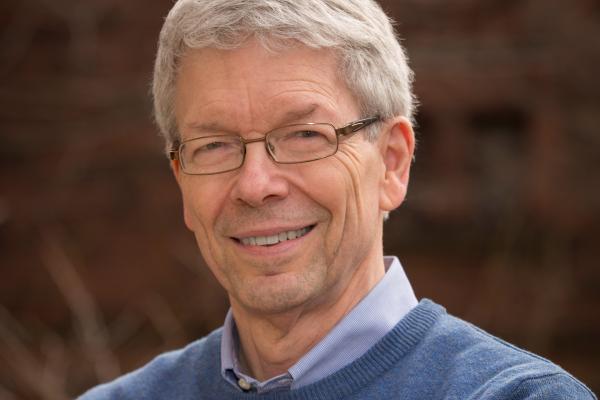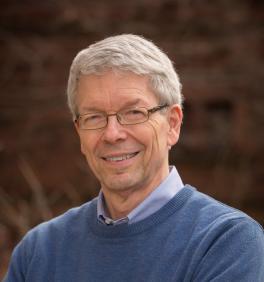
Introduction to Circuit QED: Quantum Optics and Quantum Information Processing with Microwave Photons
Dr. Steve Girvin
Department of Physics and Yale Quantum Institute, Yale University
Virtual only
Faculty Host: Tin-Lun (Jason) Ho

Abstract: ‘Circuit quantum electrodynamics’ is the theory of non-linear quantum optics extended to the study of individual microwave photons strongly interacting with ‘artificial atoms’ (Josephson junction qubits) embedded in superconducting electrical circuits. Recent remarkable theoretical and experimental progress in our ability to measure and manipulate the quantum states of microwave photons is leading to novel applications ranging from accelerating dark matter searches to quantum error correction that, for the first time in any technology, has successfully extended the lifetime of quantum information. Small bosonic quantum simulators now exist which use boson sampling to compute optical vibronic spectra of triatomic molecules. This talk will present an elementary introduction to the basic concepts underlying circuit QED and describe recent novel experiments demonstrating these newfound capabilities.
More about Dr. Girvin:
After graduating in a high school class of 5 students in the small village of Brant Lake, NY and completing his undergraduate degree in physics from Bates College, Dr. Girvin earned his Ph.D. in theoretical physics from Princeton University in 1977.
Dr. Girvin joined the Yale faculty in 2001, where he is Eugene Higgins Professor of Physics and Professor of Applied Physics. From 2007 to 2017 he served as Yale’s Deputy Provost for Research, overseeing strategic planning for research across Yale. From 2019 to 2021, he served as founding director of the Co-Design Center for Quantum Advantage, one of five national quantum information science research centers funded by the Department of Energy.
Along with his experimenter colleagues Michel Devoret and Robert Schoelkopf, Professor Girvin co-developed ‘circuit QED,’ the leading architecture for construction of quantum computers based on superconducting microwave circuits.
Dr. Girvin is a Foreign Member of the Royal Swedish Academy of Sciences and Member of the US National Academy of Sciences. In 2007, he and his collaborators, Allan MacDonald and James Eisenstein were awarded the Oliver E. Buckley Prize of the American Physical Society for their work on the fractional quantum Hall effect. In 2019, he and coauthor Kun Yang published the textbook “Modern Condensed Matter Physics” with Cambridge University Press.
Please use the Zoom link below to attend virtually:
Meeting ID: 948 5830 7115
Password: PRB1080
